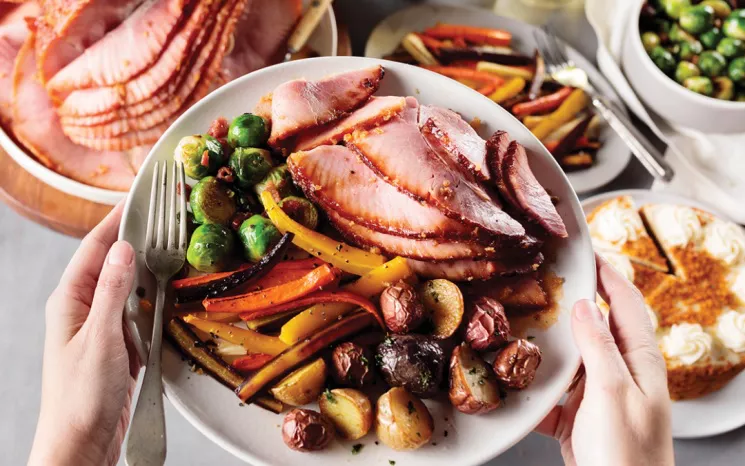Whare Manaaki o te Tai Poutini, a community organization in New Zealand, dedicated to providing meals to families in need, has witnessed a significant surge in demand for its services. Over the past months, the demand for food banks has escalated by 20%, shedding light on the substantial challenges posed by skyrocketing costs.
Eli Maiava, a resident of Greymouth and member of the Waitaha, Kāti Māmoe, and Poutini Kai Tahu communities, expressed her concerns about the exorbitant prices of food on the West Coast. “We only have three or two supermarkets here in Greymouth. So whānau really do struggle to be able to fill their cupboards with nutritious kai,” she pointed out, emphasizing the limited access to affordable food options in their region.
Maiava, who manages Whare Manaaki o te Tai Poutini, a kaupapa Māori community space in Greymouth, plays a pivotal role in offering community lunches and dinners, as well as maintaining a community pātaka (pantry) and māra kai (garden). This community initiative is also a vital part of the New Zealand Food Networks (NZFN) food hubs.
A recent survey conducted by NZFN, a food supply and distribution organization, revealed a disconcerting 20% increase in the demand for food support during the first half of 2023 when compared to the latter half of 2022. The survey identified the escalating cost of living as the primary factor driving more people to seek food assistance, closely followed by low incomes and unforeseen expenses.
Maiava emphasized the importance of addressing this issue, stating, “Food is just one of the very, very basic needs. If you don’t have food in your belly, it’s really hard to just actually work through some of the other challenges.”
The cost of living in New Zealand saw a 5.6% increase over the twelve months leading up to September, with prices continuing to surge at historically high levels, despite slight decreases from previous quarters.
NZFN’s Chief Executive, Gavin Findlay, highlighted the survey’s findings as a stark reminder of the considerable financial strain faced by Kiwis. “We launched NZFN during the pandemic, and since then, we’ve seen the demand skyrocket in just three years,” he noted. “People are struggling to make ends meet, and our survey illustrates the very sobering reality that many Kiwis are unable to put enough food on the table.”
In response to this escalating issue, NZFN unveiled a 12-month fundraising campaign known as “Pitch In.” The initiative aims to support communities grappling with soaring costs by encouraging both the public and businesses to provide financial and bulk food donations. The ultimate goal is to virtually fill Tāmaki Makaurau’s Eden Park stadium with meals, with every section of the pitch filled from end to end resulting in NZFN providing 100,000 meals to those in need across New Zealand.

























